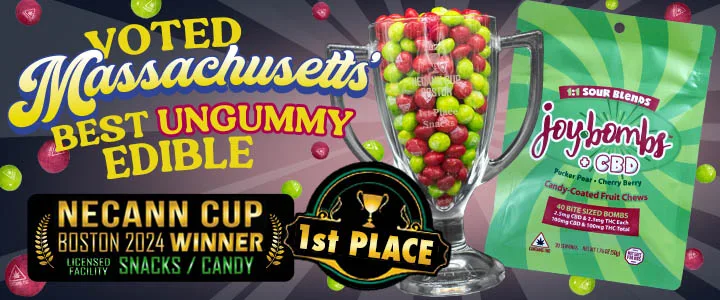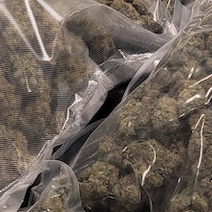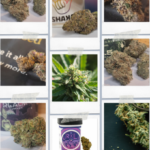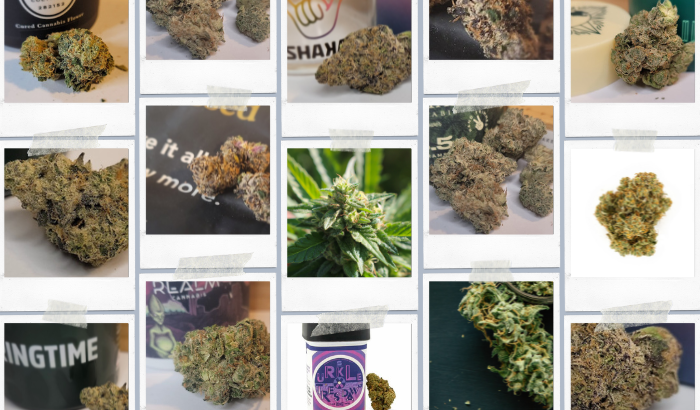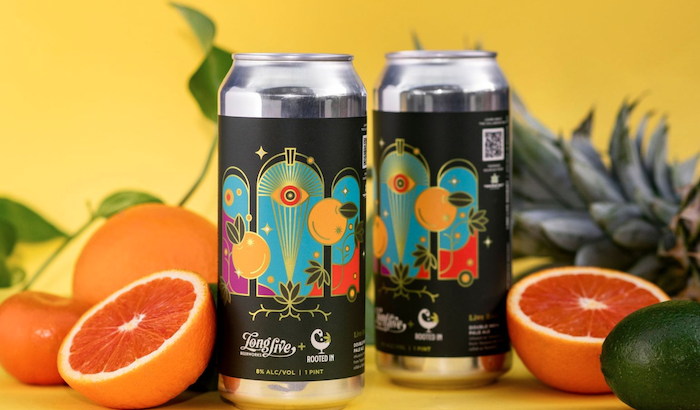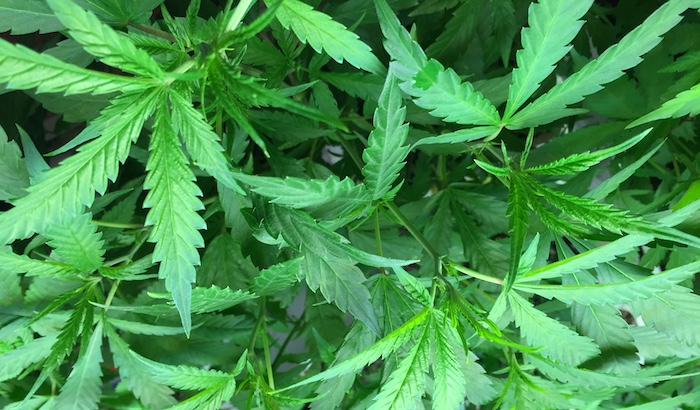
Proposed bill would clarity regulations, keep Mass farmers competitive, and preserve agricultural land
Since we should never forget about the hemp side of the cannabis industry, and since there are several people in the Bay State who are capable of keeping us up to date on related matters, we went looking for some info on An act relative to hemp and agriculture in the Cannabis Industry, legislation currently bubbling in Mass, created by the Joint Committee on Cannabis, which rolls several issues into one bill.
According to Linda Noel of Terrapin Farm in Franklin, cultivators are especially excited about the part of the bill “which would allow them to use pesticides approved for hemp on marijuana (now prevented by Massachusetts Department of Agriculture).” It “also directs the Department of Agriculture to work directly with the Cannabis Control Commission in regulating and overseeing pesticides in cannabis” since, “due to recent law changes, hemp is now sold in the Mass dispensary market as smokeable flower and as an ingredient in edibles.”
“The remainder of the bill,” Noel adds, “has actually been before the legislature for over four years.” “The Massachusetts Hemp Coalition, and many hemp farmers and processors have testified in multiple public hearings about this bill, as it would bring back hemp edibles and clarify the allowable hemp product list. Under the current law, hemp farming in Massachusetts has struggled to survive since the beginning of the Massachusetts Industrial Hemp Program in 2018.”
An activist for 30 years and a co-founder of MassCann, Noel obtained one of the first hemp licenses in the state and grew hemp in 2018 with a cooperative, then in 2019, 2020, and 2021 at Terrapin Farm in Franklin. The only harvest she has been able to sell was the 2021 crop. “It has been quite the journey, and at points, a comedy of errors,” she says.
An act relative to hemp and agriculture in the Cannabis Industry was reported out of the Joint Committee on Cannabis in March and landed in the Joint Committee on Health Finance. The report date on the bill was extended to June 1, and Noel says, “there is hope that it is not going to sit there until it dies.” She is encouraged by the fact that it has broad support—28 sponsors—between the House and Senate.
A letter that Noel wrote to lawmakers is reprinted below with her permission:
Dear Chairman Friedman, Chairman Lawn, and Members of the Joint Committee on Health Finance,
I write to you today in support of H.4507 An Act relative to hemp and agriculture in the cannabis industry.
My name is Linda Noel, and I am a hemp farmer in Franklin, Massachusetts. I have been a licensed hemp farmer for five years now, and last year was the first time that I was able to sell my hemp crop, and I must tell you that I question the wisdom of my decision to grow this crop every day. Not because it is a particularly difficult crop to grow, nor because it is a labor-intensive crop – especially harvest and trim, but because the definition of legal hemp products rests with the whim of the Agricultural Commissioner, and frankly the list changes at the drop of a hat and with the whim of politics in this state. The net result is that for three years running, my market dried up just before harvest because the Product List changed.
When the Hemp Survive and Thrive amendment was added to the FY 2021 Budget (Amendment 166, now M.G.L. 94G Section 112 (f)), it created a brand-new market for hemp products in the existing Marijuana Dispensary market. However, because the Product list is currently defined by the Agricultural Commissioner, we are prevented from selling several in demand products to CCC licensed Entities. These products are readily available online, in neighboring states and in unregulated retail stores in Massachusetts, provided they are not sourced from Massachusetts hemp. H. 4507 will allow these products to be sold in an age-appropriate market (the CCC retail market) under the guidance of the Department of Health and the regulation of the Cannabis Control Commission.
We hemp farmers are fed up with politics controlling our industry. We would like clarity, once and for all, what products are allowed in Massachusetts. We find it ridiculous that hemp edibles are sold in Massachusetts only if not made from Massachusetts hemp.
H4507 would fix this issue once and for all. The bill will:
-
Clarify the hemp regulations while preserving the intent of the Hemp Program. It codifies allowable hemp products while preserving the will of the legislature that crafted the current Massachusetts Hemp Program, codified in Sections 116-123 of Chapter 128 of the General Laws of the Commonwealth.
-
Clarify the definition of ‘Hemp’ and link the THC limit to the Federal THC limit. The bill re-defines hemp to include all cannabinoids found in the plant Cannabis Sativa L that meets the Federal Limit of THC for Hemp (specifically). Linking the state definition of hemp to the federal definition is important to the stability of the commodity price and the legality of the final crop. Hemp that tests above the Federal THC limit will be ineligible for interstate commerce and subject to federal prosecution. If on the other hand, the Massachusetts limit for THC in hemp remains .3% by law, and the federal level rises – local farmers will receive less than the national average price for their hemp, because they were forced to harvest it earlier than farmers in other states (cannabinoids rise as the hemp ages, however, the hemp must be harvested before it exceeds the THC limit (usually 8 weeks for .3% THC). Early harvest limits the amount of other lucrative cannabinoids found in the plant and decreases the final wholesale price.
-
Define hemp as an agricultural commodity. The new definition of hemp also makes it an Agricultural Commodity, which is important to farmers who need to be able to grow and insure their crops just like any other farm crop. It neither conveys special status to the crop, nor denies a farmer any rights for growing it.
-
Clarify allowable hemp products. The bill defines hemp products specifically, rather than leaving the final approval to the Agricultural Commissioner. It would allow whole plant extract to be added to food and animal food and prohibits hemp and hemp cannabinoids from being defined as an adulterant or a controlled substance. This is the same language that was made law in Maine and several other states years ago. The bill allows hemp edibles to be sold in an age appropriate, CCC regulated market, with regulations created with guidance from the Department of Health.
-
Keep Massachusetts Farmers Competitive. If Massachusetts does not change the current law, the farmers here will be at a serious disadvantage in the national market and in the in-state market. Opposing this bill will do nothing to prevent Massachusetts consumers from obtaining hemp edibles, flower or any other product prohibited to be sold in Massachusetts by a licensed hemp grower. The money and taxes from Massachusetts will simply travel over the border to Maine or onto the internet – where all the products are shipped directly to their door. Look to Bostonhempire.com if you would like to see how easy it is to get these products (from VT, OR, ME and elsewhere).
-
Eliminate uncertainty for Massachusetts Farmers. By defining hemp products clearly in the law, farmers will be able to plan and market their crops with confidence. Under current policy, that is not the case. I have experienced this firsthand in 2018, 2019 and 2020, when the product list was redefined after my contract for sale was set up, and my hemp already planted, resulting in losses those years.
-
Create standards for imported hemp. Section 122 (b) of the bill allows hemp products to be sold in Massachusetts that were made from hemp from other states provided it is federally compliant and compliant with the laws of their state. At the moment, there are no requirements that out of state hemp be federally compliant. This section would ensure that hemp available in retail stores is compliant but will not allow this hemp to be sold as consumable hemp in CCC regulated Marijuana Establishments, since M.G.L. 94G Section 112 (f) that restricts such sales to Massachusetts grown AND processed hemp will ensure all consumable hemp meets the same testing standards as Medical Marijuana (as Mass grown hemp does).
-
Preserve Agricultural Land in Massachusetts. H.4507 will also allow hemp farmers to participate in Chapter 61A, which allows farms to be taxed as agricultural land, provided they meet size and income requirements, and helps to ensure the land remains in agricultural use when sold.
-
Creates a working partnership between the Cannabis Control Commission and the Department of Agriculture on Pesticide use in Marijuana. H. 4507 will allow DAR and the CCC to consult and actively work together to monitor and control Pesticide use on Marijuana, as the Department of Agriculture now does for hemp and all other federally legal crops. The bill will allow pesticides approved for tobacco by the EPA to be considered for use on cannabis (hemp and marijuana), and would allow pesticides approved for use on hemp in Massachusetts to be used on CCC regulated marijuana crops, under the guidance of MDAR and the authority of the CCC.
This is a good bill, and it is necessary for the success of both the marijuana industry and the hemp industry in Massachusetts. It protects consumers, by ensuring out of state hemp is in compliance with federal and state rules, and by respecting the intent of the Survive and Thrive amendment to keep consumable hemp in an age-appropriate market, subject to the same safety testing as marijuana, by limiting the sales of consumable hemp to the CCC regulated retail market and to hemp grown and processed under a Department of Agriculture license (Massachusetts hemp only).


